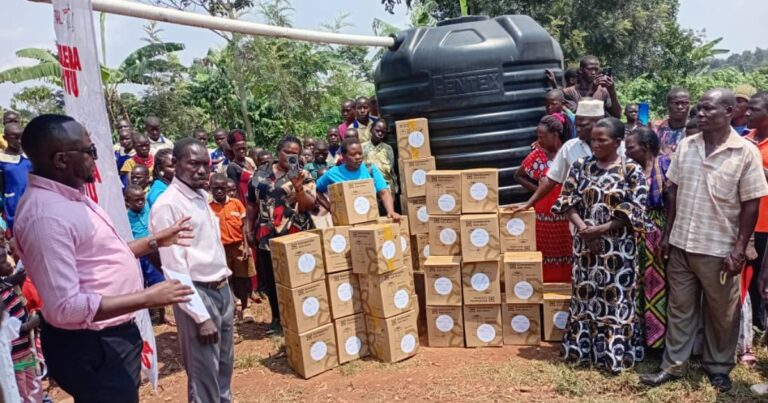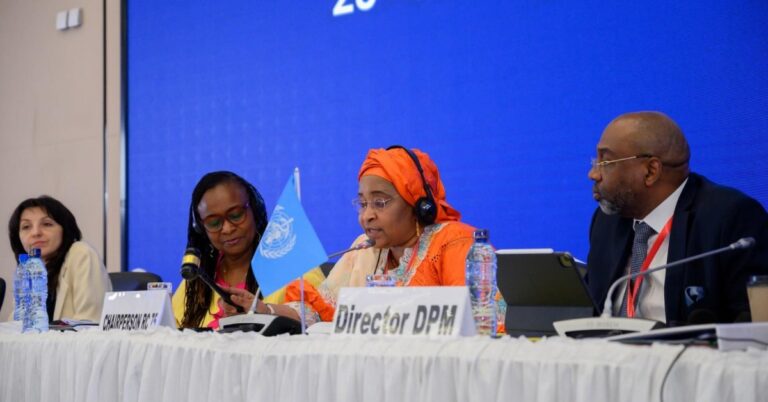Busoga, Uganda – Researchers from Makerere University have begun testing a new soybean variety on stunted children in Busoga as part of efforts to combat malnutrition and improve food security.
The research is spearheaded by Prof. Phinehas Tukamuhabwa, from the Department of Crop Science, who explained that while Makerere has been involved in soybean breeding for many years, this new variety offers unique benefits.
According to Prof. Tukamuhabwa, the soybean under trial has been bred to be climate resilient and contains reduced anti-nutrient factors, making it more nutritious and easier for children to absorb.
“Soybean is already known as a rich source of protein, which is essential in fighting malnutrition,” he said. “This new variety will not only survive in changing climate conditions but will also provide children with better nutritional value.”
Child stunting remains a major public health issue in parts of Uganda, particularly Busoga, where poverty and food insecurity have left many children malnourished. Experts say stunting not only affects growth but also has long-term impacts on brain development, school performance, and overall productivity in adulthood.
The ongoing research aims to determine whether introducing the improved soybean into children’s diets can significantly reduce stunting rates. If successful, this could pave the way for broader adoption across the country, providing households with a reliable, nutritious, and climate-smart food option.
Nutritionists and public health officials have welcomed the development, noting that food-based interventions like this are more sustainable than short-term aid programs. The findings of the trial will guide further policy and nutrition programs targeting vulnerable communities.
Source: URN





